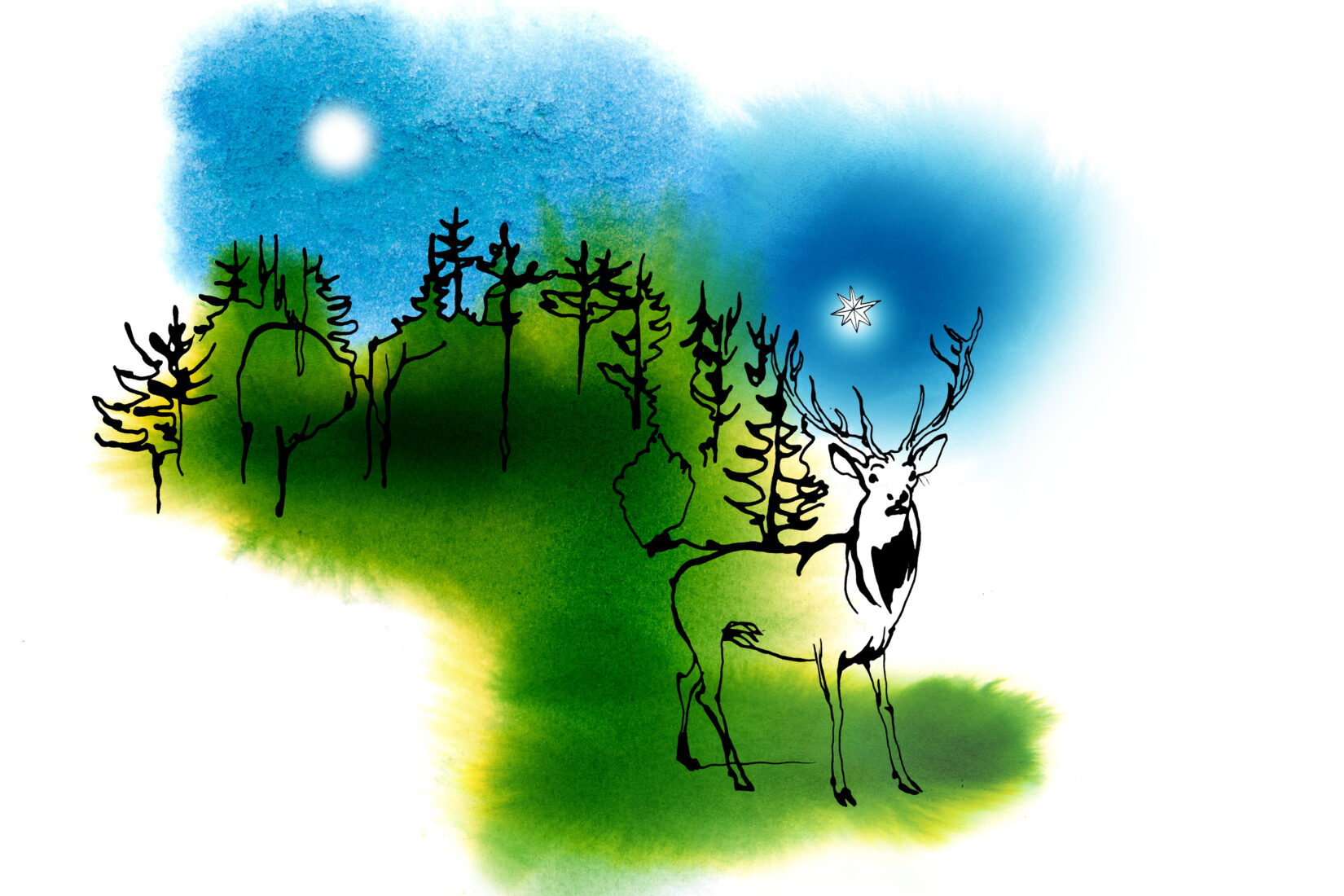Looking out from his caravan in the woods, a retired gamekeeper, a hunter like his father, meets the eyes of a wolf. He finds the experience overwhelming, but the local community is obsessed with the idea of killing wolves to protect their flocks. Ulf the hunter feels out of place in the community, whose violent traditions he now finds disturbing. He loses his role as leader of the pack and becomes the target of his former hunting comrades.
Kerstin Ekman is a major figure in contemporary Swedish literature. A former member of the Swedish Academy, she has twice won the prestigious Augustpriset book prize. Löpa varg deals with the visceral, sometimes repressed connection between man and his natural environment, the importance of the pack, and the call of the wild.
We’ve invited three personalities from different backgrounds to discuss the relationship between humans and their natural environment. What role does religion play? How do France and Sweden differ in this regard?
Valérie Chansigaud is a historian of science and the environment and is especially interested in the history of the relationship between humans and nature. Marianne Ségol-Samoy is a translator and playwright. David Thurfjell is a historian of religion and religious studies professor who has studied the almost religious relationship between Swedish people and nature. The discussion will be moderated by Antoine Kauffer, editor of Billebaude, a magazine the explores and reflects upon how nature is used and represented.
Punctuating the discussion, there will be readings from La Course du loup by the actor Thierry Bosc.
Kerstin Ekman’s Löpa varg, translated by Marianne Ségol-Samoy as La Course du loup, is published by Denoël.
Useful information
- In French
- Admission free while seats last
